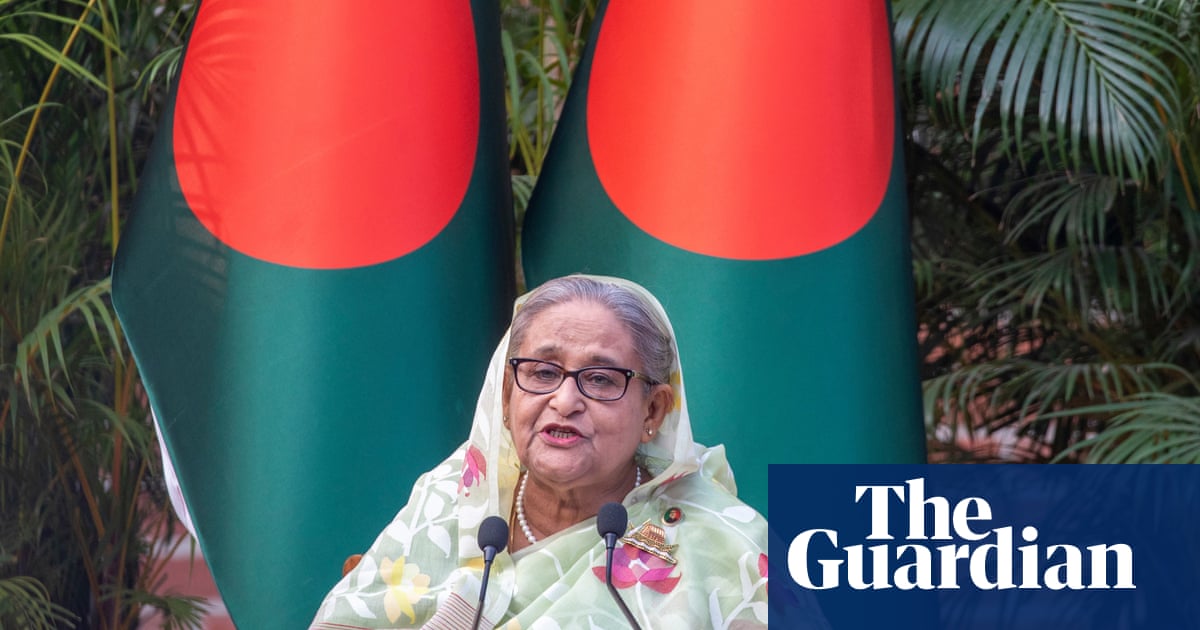Britain’s serious crime agency has frozen UK property worth £170m belonging to the former land minister of Bangladesh amid a crackdown on former allies ofSheikh Hasina, the autocratic leader deposed in last year’s student-led revolution.
The National Crime Agency (NCA) confirmed it had frozen assets belonging to Saifuzzaman Chowdhury, who is amongallies of Hasina whose sizeable UK real estate portfolios have come under scrutinyby authorities in Dhaka investigating alleged corruption.
Analysis of Land Registry documents indicates that all of Chowdhury’s more than 300 properties are subject to asset freezing orders, preventing them from being sold or transferred.
These include a luxury home in St John’s Wood,London, bought for £11m in 2022, and an apartment block in Fitzrovia, bought for £12.65m a year earlier, part of a portfolio bought for an estimated £170m.
Chowdhury is the third member of Bangladesh’s former elite to be targeted by the NCA with asset freezes after£90m of property belonging to two members of the Rahman business dynasty were frozen last month.
The action follows requests by the interim regime in Dhaka, whose leader, Muhammad Yunus, has been in London this week for Britain’s help in tracing allegedly stolen assets.
An NCA spokesperson said: “We can confirm that the NCA has secured freezing orders against a number of properties as part of an ongoing civil investigation.”
One of the homes affected by the freeze was the scene of footage secretly filmed by Al Jazeera as part of an investigation into wealth that Chowdhury had accumulated while he was a government minister.
During the meeting, Chowdhury talked about his global property portfolio, his taste for expensive suits and designer “baby croc” leather shoes and his closeness to Hasina, saying he was “like her son”.
Hasina is the aunt of the UK’s former Treasury minister Tulip Siddiq, whoresigned from the post in January over her use of propertiesowned by allies of the ousted leader.
Siddiq has sincerequested a meeting with Yunusto discuss allegations made in Bangladesh, which she denies, that she benefited from corruption.
Ben Cowdock, the investigations lead at Transparency International, said: “These freezing orders present a major step forward, however there still remains millions of pounds worth of UK property – bought by individuals close to Sheikh Hasina – that is at risk of being sold, moved offshore and placed beyond the reach of investigators.
“It is now vital that UK law enforcement intensify efforts to investigate and freeze these remaining assets. Where corruption is found, funds should be returned toBangladeshand support the interim government’s efforts to seek accountability.”
The Guardian approached Chowdhury for comment. He has previously said that his UK assets were acquired with the proceeds of legitimate business and that he is the subject of a politically motivated “witch-hunt”.
